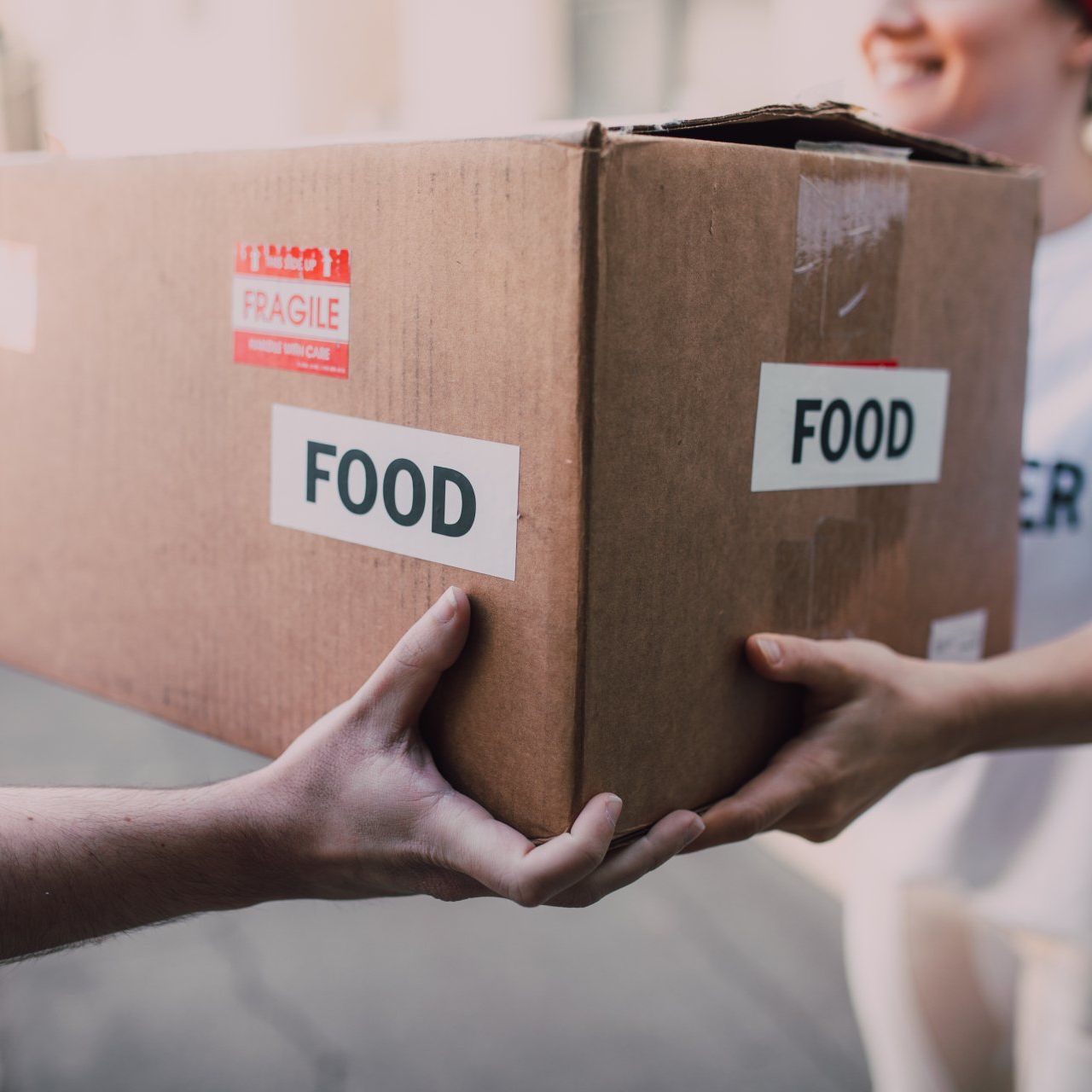Perishables
1/3 of global food production every year goes to waste amounting to 1.6 billion tonnes.
(Source: UN's Food & Agriculture Organization (FAO) Report On Global Food Losses and Food Waste.)
The perishable sector includes food and beverages, which have a limited shelf life and require special care during transport, handling, and storage. It includes fresh fruits and vegetables, meat, seafood, and dairy products. The industry has several stages that encompass production, packaging, storage, transportation, and distribution.
A study by the Food and Agriculture Organization (FAO) in 2019 revealed that 14% of all food waste occurs between harvest and retail, worth about $400 billion. This research highlights the need for measures to be put in place to consistently monitor perishable goods like food and beverages while they are being transported.
The constant challenge faced by businesses involved in the perishables industry is to achieve end-to-end real-time visibility to understand whether their products are delivered according to specifications received from clients. Any spoilage during distribution or late delivery of products can negatively affect the business reputation and client relationships.
Compliance Requirements In The Perishable Food & Beverages Industry.
- FDA's Food Safety Modernization Act (FSMA).
- Hazard Analysis and Critical Control Points (HACCP).
- Good Manufacturing Practices (GMP).
- Compliance with transportation regulations.
- Compliance with environmental regulations including the proper disposal of waste products and the reduction of greenhouse gas emissions.
Challenges That The Perishables Industry Must Overcome.
Meat and seafood are two high-value items that are most susceptible to spoilage in the perishables industry. For that reason, it's necessary to handle these products carefully to prevent cold chain breaches. Likewise, there are some other challenges that the perishable food and beverages industry faces:
Damage & Spoilage
Risk of damage or spoilage during transit because of breaks in cold chain management or monitoring processes, leading to non-delivery and impacting client relationships.
Poor Inventory Management
Poor inventory management practices lead to spoilage and loss of goods with a shorter shelf life. The core problem here is that a lack of automation causes a higher number of products that are likely to be damaged to go to waste since they cannot be identified.
Stringent Regulations
Stringent regulations and compliance standards for perishable goods handling and transportation become complex to manage manually.
Deterioration
Deterioration in quality or product and packaging damage during the cold chain due to non-compliance can lead to product recalls.
The issue of temperature, humidity, and exposure to light, which can all affect the quality of the product, is one that the sector faces in addition to these particular issues. In addition, contaminated perishable items pose a health risk to customers due to poor handling.
Solutions For The Perishables Industry.
To tackle these challenges, perishable food and beverages companies must implement strong supply chain processes, use technology to improve inventory management, invest in quality control methods, and ensure correct packaging and labeling. To create and uphold safety standards that safeguard customers and increase industry trust, the sector must cooperate with authorities.
With these measures in place, the perishables sector can continue to grow and provide consumers globally with fresh food and beverages that have remained compliant throughout the supply chain. With
Adapt Ideations' products in place,
the industry can achieve end-to-end real-time visibility of their assets. Furthermore, data can be easily shared with clients and allow all stakeholders in the cold chain to have a deeper understanding of how products have been handled and stored.

